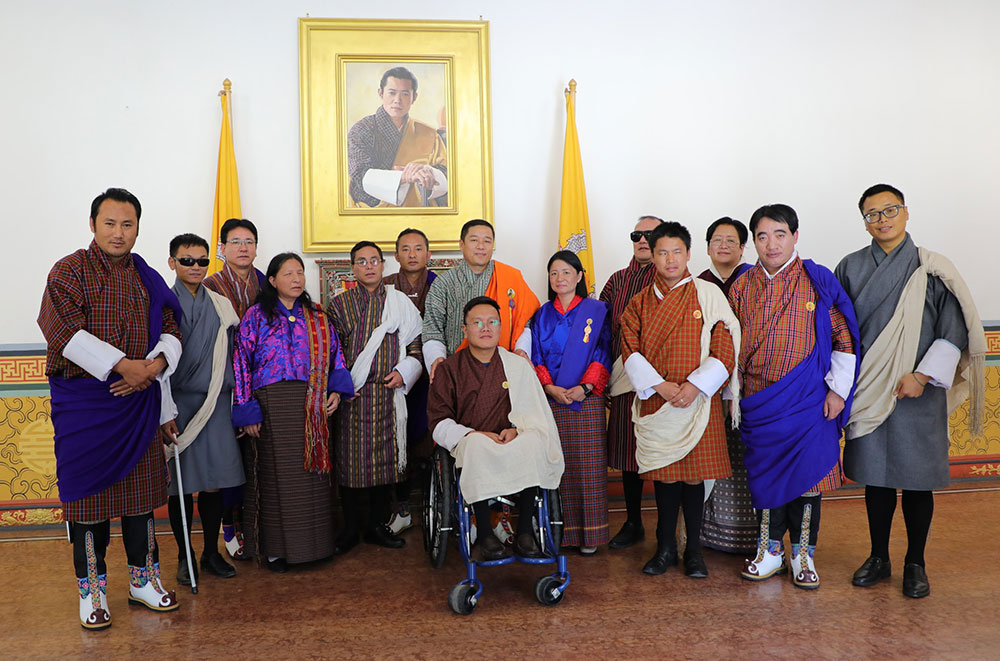YK Poudel
After the discussion on the Convention on the Rights of Persons with Disabilities (UN CRPD), the National Council (NC) accepted all the Articles and the four Reservations passed by the National Assembly, yesterday.
The Chairperson of the Social and Cultural Affairs Committee (SCAC), Tshering Tshomo, presented the committee’s recommendations, along with the background, objectives, and purpose of the Convention on the Rights of Persons with Disabilities.
According to the SCAC Committee chairperson, the Convention’s objectives are to ensure and promote the full and equal enjoyment of human rights by persons with disabilities (PWDs). This encompasses crucial aspects such as accessibility, participation, equality, employment, education, training, social protection, and health to promote respect for their inherent dignity.
“Bhutan signed the Convention on September 21, 2010 but it was left without ratification—the country over the years took measures in ensuring that certain processes are taken,” the chairperson said.
The four reservations, she said, were made by the government on four Articles through an examination process of the nation’s norms and consultation meetings with various agencies which are involved with persons with disabilities (PWDs).
Following the presentation, member of the House expressed their support for the Convention, yet some members sought clarifications on the reservations and Articles, as well as the intent of the Convention.
The national assembly on June 14, adopted the Convention with four reservations on Article 18—Liberty of Movement and Nationality, Article 23—Respect for Home and Family, Article 27—Work and Employment, and Article 29—Participation in Political and Public Life.
There are 50 Articles agreed upon by State parties.
The CRPD prepared by the UN includes the principles: respect for inherent dignity, individual autonomy including the freedom to make one’s own choices, and independence of persons; non-discrimination; full and effective participation and inclusion in society; respect for difference and acceptance of persons with disabilities as part of human diversity and humanity; equality of opportunity; accessibility; and respect for the evolving capacities of children with disabilities and respect for the right of children with disabilities to preserve their identities.
Bhutan’s 2017 Population and Housing Census of Bhutan (PHCB) reveals a disability prevalence rate of 2.1 percent (15,567 persons). Of these, 47.9 percent (7,456) are male, and 52.1 percent (8,111) female. While 80 percent or 12,512 of the disabled individuals live in rural areas, 20 percent (3,055) are in urban areas.
The CRPD for PWDs will be implemented by the Planning and Policy Division under the Prime Minister’s Office.


